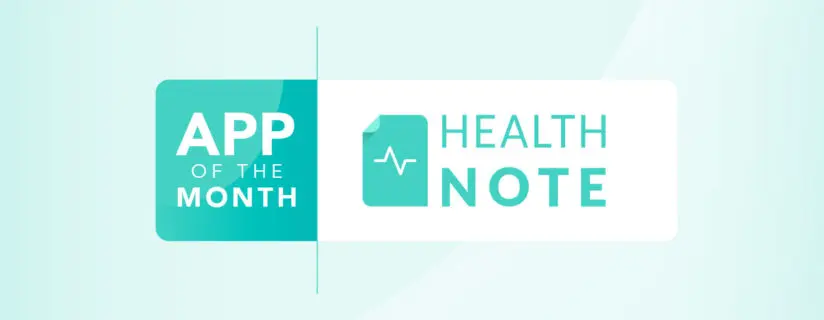Blog Posts
Reducing patient wait times for specialty medications during COVID-19 and beyond


Making sure you have enough medication can cause even more stress during a pandemic. Even if what you take is commonplace, it can still be difficult to ensure you have a good supply.
For Americans accustomed to picking up most prescriptions within a day or so after they are prescribed, imagine how frustrating it can be to wait several days or weeks for the specialty medication you need to treat cancer.
If you have ever been prescribed a specialty medication, you might have learned that it isn’t dispensed from your preferred pharmacy.
In fact, specialty medication prescriptions are often sent to specific specialty pharmacies that have the capacity to fill the order.
So what is a specialty medication? Characteristics can vary since there is no standard industrywide definition. They often:
- Are high cost
- Require special handling
- Are challenging to administer
- Need additional monitoring
- Require compliance with risk evaluation and mitigation strategies (REMS)
- Need documentation of both side effects and response to therapy
Despite representing only 3% of all prescriptions written in the U.S., in 2020, specialty medications are expected to account for up to 50% of the total spend on prescription medications. For a specialty medication prescription to be filled, it must pass through a broad cross-section of healthcare stakeholders, including payers, specialty pharmacies and specialty Rx hubs. The result can be extended patient wait times.
Specialty pharmacies seek to optimize patient care, maximize patient adherence, be cost effective and minimize waste. Traditional pharmacies may lack the time and resources to properly train staff in all the steps required to effectively dispense, manage and provide the patient education required with specialty medications.
Unfortunately, due to the multi-organizational involvement and the complexity of the fulfillment process, patients may experience delays of days to weeks in obtaining their prescribed specialty medications.
What is the preferred distribution method?
Over a decade ago, pharmacy “Hub” services were created to help patients and their providers manage specialty medicine approval fulfillment. A Hub needs to successfully link specialty medication stakeholders, which can include the patient, the physician, the insurance provider, the specialty pharmacy and possibly the biopharmaceutical manufacturer.
Some challenges exist in the specialty fulfillment process and they can include pharmacy benefit managers (PBMs) that delay the process.
That’s why Veradigm introduced AccelRx™, a specialty medication solution designed to help ease the challenges associated with specialty medication fulfillment. Taking a difficult, sometimes manual and time-consuming process and converting it to a comprehensive automated process helps patients get their specialty medications faster while reducing physician burden. AccelRx facilitates the process of fulfilling specialty medication prescriptions.
As a pharmacist, I am excited to see how service will improve patient care and outcomes.












